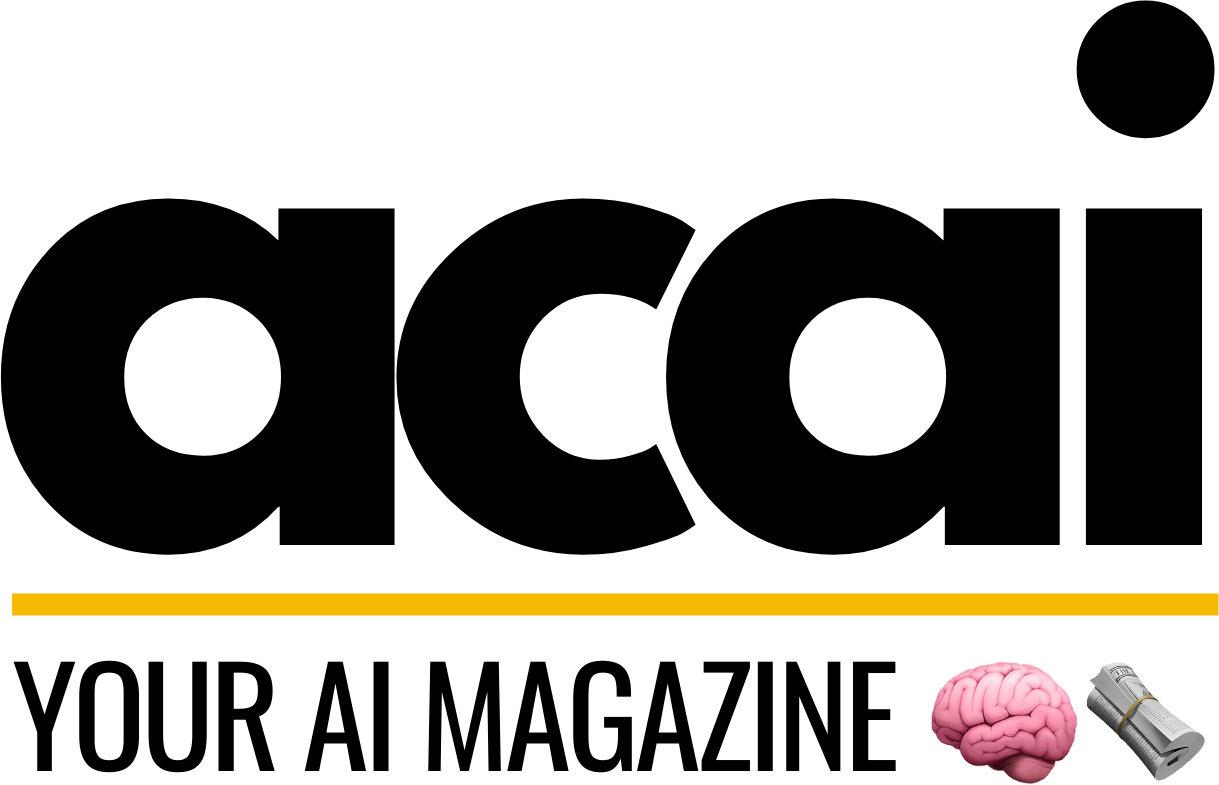How AI can refine meta descriptions, titles, and tags to increase click-through rates
In the digital age, where content is abundant and attention spans are short, capturing the interest of readers is more challenging than ever. For magazines, both digital and print, optimizing metadata is crucial to ensure that their content stands out in search engine results and social media feeds. Artificial Intelligence (AI) offers innovative solutions to refine meta descriptions, titles, and tags, significantly increasing click-through rates (CTRs). This article explores how AI can be leveraged to enhance magazine metadata, providing valuable insights and examples to illustrate its impact.
The Importance of Metadata in Digital Publishing
Metadata serves as the backbone of digital content, providing essential information about a piece of content to search engines and readers. It includes elements such as titles, descriptions, and tags, which help categorize and present content in a way that is both accessible and appealing. Effective metadata can significantly influence a reader’s decision to click on a link, making it a critical component of digital marketing strategies.
Key Components of Metadata
- Title: The headline or name of the content, which should be concise and descriptive.
- Meta Description: A brief summary of the content, designed to entice readers to click.
- Tags: Keywords or phrases that categorize the content and improve searchability.
How AI Enhances Metadata Optimization
AI technologies, such as machine learning and natural language processing, have revolutionized the way metadata is optimized. These technologies can analyze vast amounts of data to identify patterns and trends, enabling more precise and effective metadata creation.
AI-Driven Title Optimization
Creating compelling titles is an art, but AI can make it a science. By analyzing successful titles across various platforms, AI can suggest titles that are more likely to attract clicks. For instance, AI can identify which words or phrases resonate with specific audiences, allowing for tailored title creation.
Case studies have shown that AI-optimized titles can increase CTRs by up to 30%. For example, a digital magazine that implemented AI-driven title suggestions saw a significant boost in reader engagement, as the titles were more aligned with trending topics and reader interests.
Refining Meta Descriptions with AI
Meta descriptions play a crucial role in summarizing content and enticing readers to click. AI can analyze the performance of various descriptions and suggest improvements based on factors such as length, keyword usage, and emotional appeal. By leveraging AI, publishers can create meta descriptions that are not only informative but also engaging.
In one instance, a lifestyle magazine used AI to refine its meta descriptions, resulting in a 25% increase in CTRs. The AI system identified that descriptions with a question format or those that included a call-to-action were more effective in capturing reader interest.
Optimizing Tags with AI
Tags are essential for categorizing content and improving its discoverability. AI can analyze search trends and suggest tags that are more likely to be searched by users. This ensures that content is categorized accurately and reaches the intended audience.
For example, a technology magazine utilized AI to optimize its tagging system, leading to a 40% increase in organic traffic. The AI identified emerging tech trends and suggested relevant tags, ensuring that the magazine’s content was aligned with current reader interests.
Case Studies: Success Stories in AI-Driven Metadata Optimization
Several magazines have successfully implemented AI-driven metadata optimization strategies, resulting in higher CTRs and increased reader engagement.
Case Study 1: The Fashion Magazine
A leading fashion magazine integrated AI into its metadata optimization process, focusing on title and description refinement. By analyzing reader behavior and trending topics, the AI system suggested titles and descriptions that were more likely to attract clicks. As a result, the magazine experienced a 35% increase in CTRs within three months.
Case Study 2: The Health and Wellness Publication
A health and wellness publication used AI to optimize its tagging system. The AI analyzed search trends and suggested tags that were more relevant to current health topics. This led to a 50% increase in organic search traffic, as the content was more easily discoverable by readers interested in health and wellness.
Challenges and Considerations in AI-Driven Metadata Optimization
While AI offers significant advantages in metadata optimization, there are challenges and considerations to keep in mind.
Data Privacy and Security
AI systems require access to large amounts of data to function effectively. Publishers must ensure that they comply with data privacy regulations and protect user data from unauthorized access.
Balancing Automation and Human Creativity
While AI can optimize metadata, it is essential to balance automation with human creativity. Editors and content creators should work alongside AI systems to ensure that the content remains authentic and engaging.
Conclusion: The Future of Metadata Optimization with AI
As the digital landscape continues to evolve, AI-driven metadata optimization will become increasingly important for magazines seeking to increase their CTRs and engage readers effectively. By leveraging AI technologies, publishers can create more compelling titles, descriptions, and tags that resonate with their audience. While challenges exist, the benefits of AI-driven metadata optimization are clear, offering a path to greater visibility and reader engagement.
For more insights on how AI is transforming digital publishing, visit Forbes.




